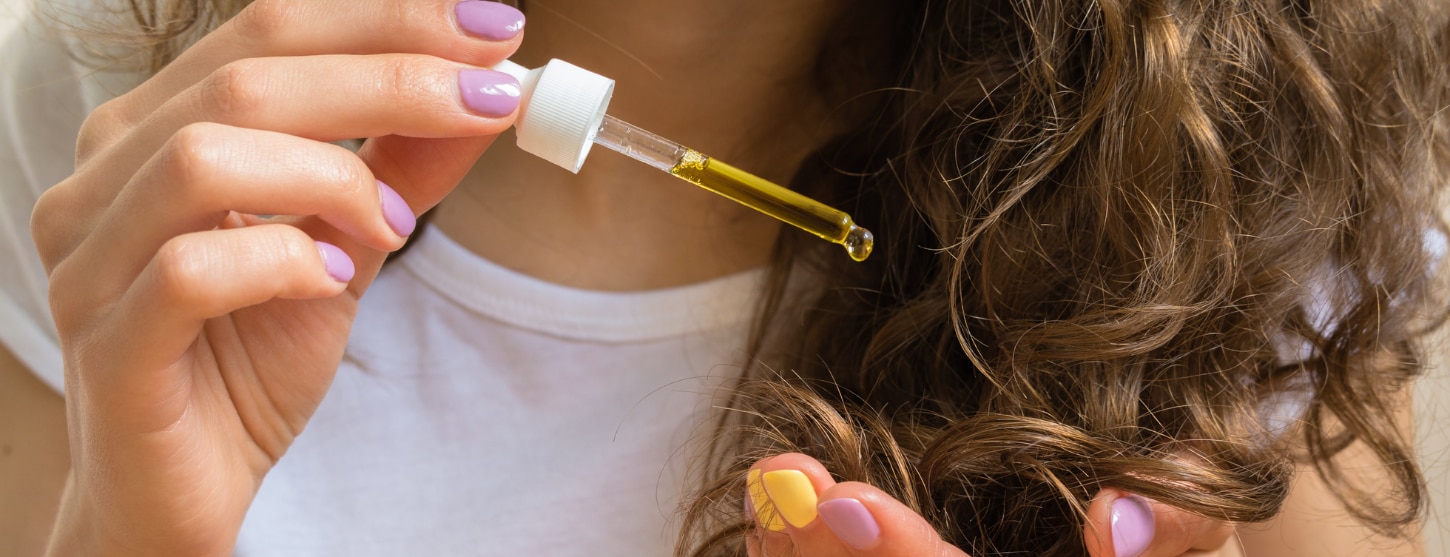15% off €30 or 20% off €40
Code:CHOOSE
How to reduce the appearance of puffy eyes

Puffy eyes are often a result of our lifestyle habits but can be uncomfortable. Find out the different causes of puffy eyes, how to help reduce them and when to see a doctor.
Whether you’ve spent the night tossing and turning or enjoyed a little too much wine over dinner, puffy eyes are often a result of our lifestyle habits. They can be uncomfortable and annoying, but usually don’t indicate anything serious. It’s still important to keep an eye on your puffiness, as there are some situations where puffy eyes could be a symptom of a health condition. If the cause of your puffy eyes is linked to your lifestyle habits, there are plenty of things you can do to reduce the appearance of puffiness. We’ve got plenty of information below to help you look after your delicate eye area.
What causes puffy eyes?
Puffy eyes are typically not a severe problem, although they can be frustrating. If you’re wondering what causes puffy eyes, there could be a range of reasons. Ageing and fluid retention are two big culprits. The skin around your eye is incredibly delicate, which means they can look swollen when fluid or fat builds around this area.1
As we get older, tissues in this soft area can break down, which may contribute to the appearance of puffy eyes. However, other health conditions and lifestyle traits may be having an impact on the appearance of your skin around the eyes too.2 These can include:
- Lack of sleep
- Stress
- Alcohol
- Salt
- Allergies
- Menstrual cycle
- Dehydration
- Crying
- Genetics
- Irritation
- Health conditions3
How to reduce puffy eyes
Before you start treating your puffy eyes, it’s essential to think about the underlying cause. Not all strategies will work if, for example, the puffiness is a genetic trait. Consider tracking when the puffiness appears and investigating whether your lifestyle or health habits could be impacting your skin. Fortunately, there are some things you can try to reduce puffy eyes. These may include:
- Getting into a healthy sleep routine
- Drinking enough water
- Limiting how much alcohol you drink
- Eating less salt
- Using a cool compress
- Using an eye cream
- Treating allergies
- Avoiding allergens
- Stopping smoking
- Cosmetic surgery4,5
Remember, the eye area is sensitive and may not react well to topical treatments (especially if you have experienced irritation from certain products in the past). Before you apply creams, drops or other treatments, check the ingredient list and do a patch test if you are concerned.
Talk to your doctor or pharmacist about adding any new medications as well, mainly if you already take medication for something else.
When should you consult a doctor about puffy eyes?
While puffiness tends to be harmless, you might want to talk to a medical professional in certain situations. These could include:
- If swelling is sudden or unexpected
- If the swelling is severe or gets worse
- If you are experiencing pain or irritation
- If you have other symptoms as well as puffiness
- If the swelling lasts for a long time6
Puffy eyes can be a sign of a more serious health condition, such as conjunctivitis or eye disease, so it’s worth speaking to your doctor if you’re worried. In urgent situations, contact your local emergency service immediately.



